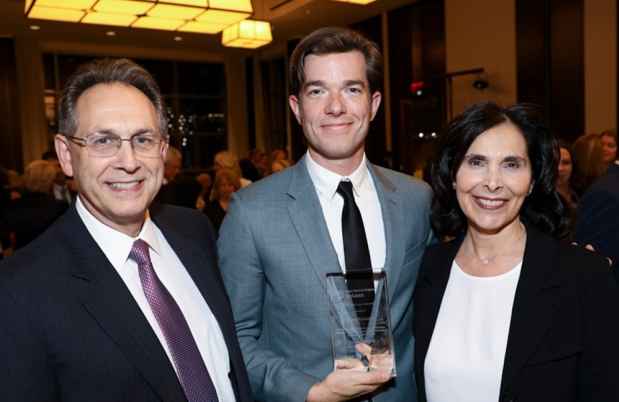Since its invention more than 40 years ago, magnetic resonance imaging (MRI) technology has allowed clinicians and researchers to produce more precise images of the human body and gain a greater understanding of injuries and disease. For McLean’s Scott E. Lukas, PhD, and Diego A. Pizzagalli, PhD, recent improvements in MRI technology hold tremendous potential for the study of brain function, structure, and chemistry—particularly how the brain mediates addiction and mental illness.
One key to that understanding is McLean’s new Siemens Prisma 3T MRI scanner. Installed at the McLean Imaging Center (MIC) in the spring of 2016, the new scanner combines a powerful 3 Tesla (3T) magnet with a variety of features to create a machine that offers a full range of clinical and research applications.
“Forty years ago, I don’t think we ever could have imagined the future looking like this—it’s really like something from a science fiction film—but it’s our reality,” said Lukas, director of the MIC and the Behavioral Psychopharmacology Research Laboratory. “Through its advanced electronics, sophisticated switching, and superior gradients, we can make images even more precise than before.”
In addition, the machine contains features that create a quieter, more relaxing experience for patients, which saves time and produces better results, added Pizzagalli, who serves as director of the MIC as well as the Laboratory for Translational and Affective Neuroscience and the Center for Depression, Anxiety and Stress Research.

“It’s faster, better, more precise, and it gives us more capability to study brain function, chemistry, and structure,” said Pizzagalli.
Lukas explained that as “a standard-feature clinical machine that can produce images from eyebrows to toenails,” the Prisma can be used “to help rule out a potential organic source of a psychiatric problem.” However, he stated, “clinical findings often lead to research ventures.”
One of these research areas is the study of addiction. Lukas explained how high-quality images can help in this work: “If I’m working with an individual with alcohol use disorder who’s having a hard time staying sober, I can put him in the Prisma and expose him to the odor of alcohol and actually see the parts of the brain that start to ‘light up’ when odors tell him that alcohol is present. This way, we can test medications that can blunt that response and possibly find ways to prevent a slip from turning into a full-blown relapse.”
High-quality images can also give insights into the origins of psychiatric disorders, which could lead to early intervention and more effective treatment. Pizzagalli explained that by using the Prisma 3T, “we can test whether various brain markers will eventually predict the onset of a particular disorder in kids with a family history of depression, schizophrenia, or substance abuse. If we can identify people at high risk, we can devise strategies to optimize their treatment, which gets us closer to personalized medicine.”
In these and other ways, the scanner is already advancing clinical and research efforts at McLean—and it could lead to more research opportunities. “Because of its cutting-edge electronics, hardware, and software, the Prisma puts the institution in a better position to attract research funding,” Pizzagalli said. “It gives us a practical advantage.”
In the effort to bring the Prisma to McLean, Lukas and Pizzagalli credit Susan DeMarco of the Development Office, who helped secure a $3.75 million grant from the Manton Foundation that was used to fund the machine. The researchers also applauded McLean’s senior administrative staff and Facilities team for their efforts to get the Prisma up and running at the hospital.
Media Requests
Journalist or member of the media? We are available 24/7 for media requests.



